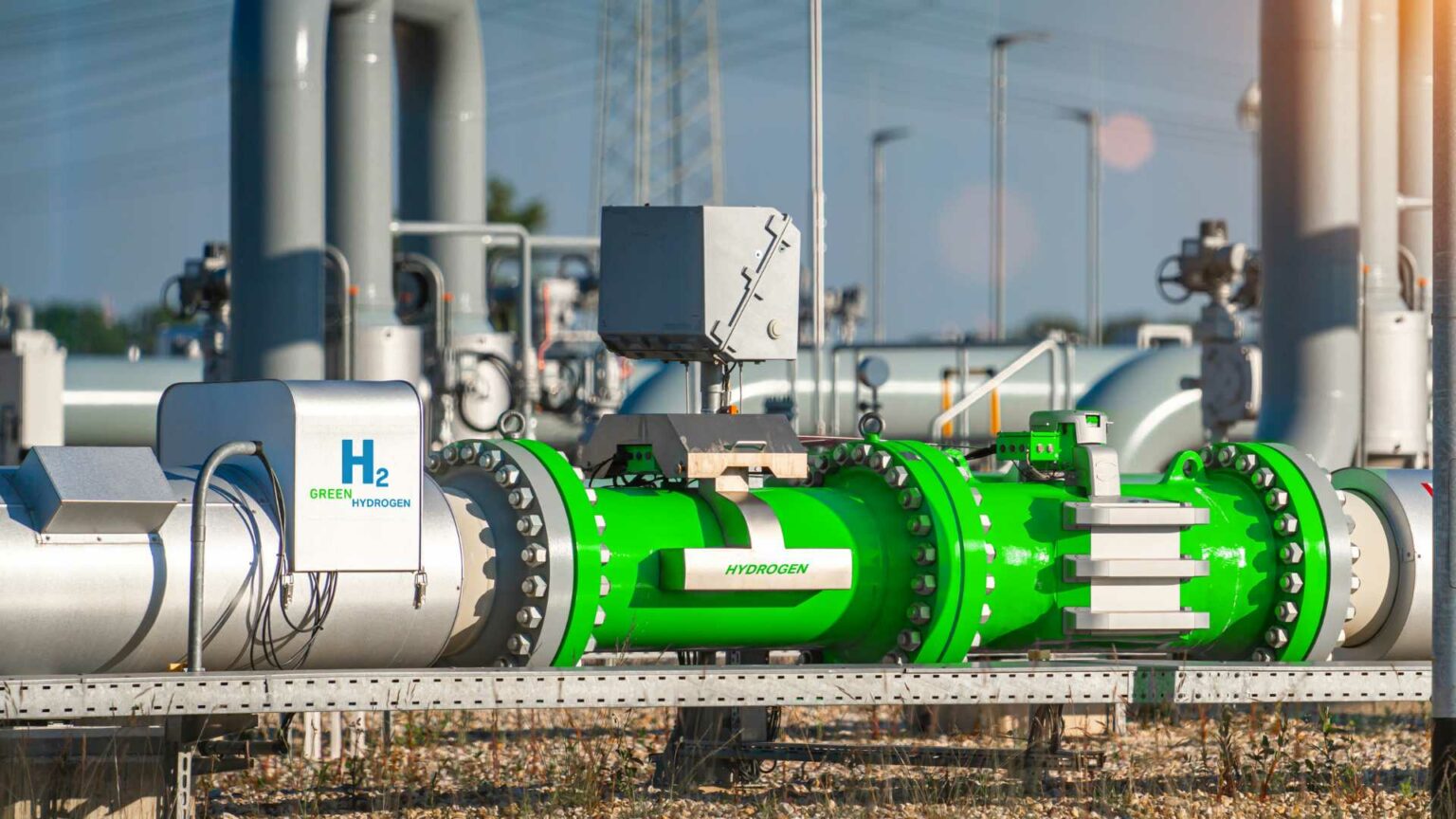A recent study published in the International Journal of Hydrogen Energy explores the implications of injecting hydrogen into existing natural gas pipelines—an area of growing interest as the world moves towards greener energy solutions.
The research, conducted by Quan Fang, Ting He, Liqiong Chen, and Jie Pang, delves into the flow characteristics of mixed hydrogen-natural gas systems and examines potential impacts on energy metering.
With the hydrogen economy gaining momentum, understanding how hydrogen behaves when blended with natural gas is critical for ensuring seamless and efficient energy distribution. Hydrogen’s integration with existing infrastructure could expedite the transition to low-carbon energy, making this research particularly pertinent to stakeholders in the energy sector.
The study reveals that injecting hydrogen into natural gas pipelines significantly influences flow dynamics due to differences in the physical properties between hydrogen and natural gas. Notably, the research highlights variations in energy metering accuracy stemming from these flow characteristic changes.
Potential Applications:
The findings from this research provide valuable insights for energy companies and policymakers aiming to optimize hydrogen-natural gas blends in distribution networks. Improved metering accuracy could lead to fairer billing practices and more efficient energy management. Additionally, understanding flow behavior is essential for ensuring the safety and integrity of pipeline systems.
The study employed sophisticated computational fluid dynamics (CFD) simulations to analyze the flow characteristics of hydrogen-natural gas mixtures. These simulations provided detailed insights into how varying hydrogen concentrations affect flow velocity, pressure loss, and turbulence within pipelines.
